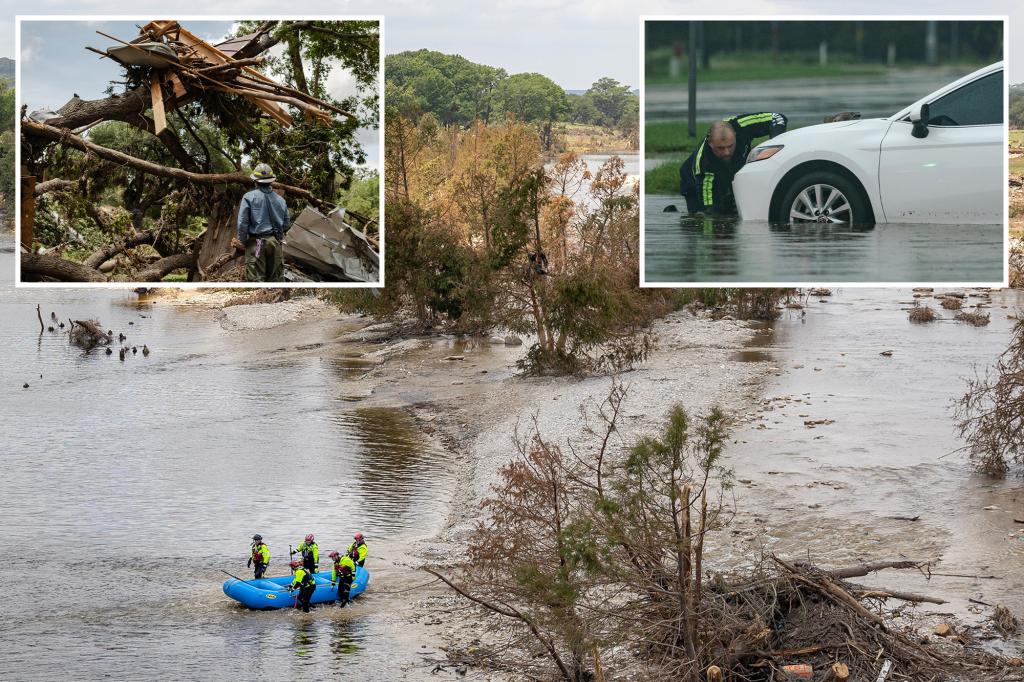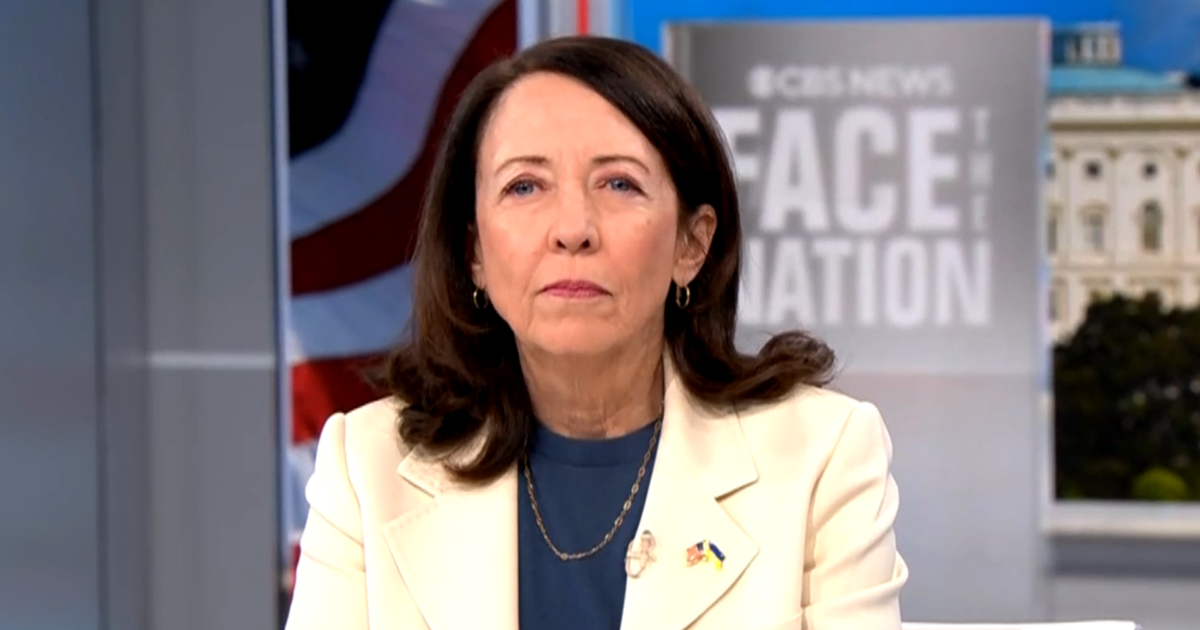Unprecedented Heat: January 2023 Sets Record as Hottest Month Ever
Scientists from the European Union have confirmed that January 2023 has shattered previous records, becoming the hottest January in history. This alarming trend raises questions about climate change and its implications for the future. As we delve deeper into this unprecedented heat wave, it is crucial to understand the broader context of climate change, its causes, and the potential consequences for our planet.
The Record-Breaking January
According to data released by the Copernicus Climate Change Service (C3S), January 2023 recorded an average temperature that was significantly higher than any previous January on record. The average global temperature for this month was approximately 1.5 degrees Celsius above the pre-industrial average. This startling figure has sent shockwaves through the scientific community and has intensified discussions regarding the urgency of climate action.
The heat was not confined to any single region; rather, it was a global phenomenon. Areas that typically experience cold weather during January, such as parts of Europe and North America, reported unusually high temperatures. For instance, cities like Berlin and New York experienced temperatures that were uncharacteristically mild, causing residents to question the reliability of their winter coats.
Understanding the Causes of Unprecedented Heat
The primary driver behind this unprecedented heat is climate change, largely attributed to human activities such as fossil fuel combustion, deforestation, and industrial processes. These activities release greenhouse gases (GHGs) like carbon dioxide and methane into the atmosphere, trapping heat and leading to a gradual increase in global temperatures.
- Fossil Fuels: The burning of coal, oil, and natural gas for energy is the largest source of GHG emissions.
- Deforestation: Trees absorb carbon dioxide; when they are cut down, the stored carbon is released back into the atmosphere.
- Agricultural Practices: Livestock farming and certain crop cultivation methods contribute to methane emissions.
Moreover, natural phenomena such as El Niño can exacerbate the effects of climate change. The presence of this climate pattern can lead to warmer ocean temperatures, which in turn can influence global weather patterns, contributing to extreme heat events.
Implications for the Future
The implications of this record-breaking heat extend beyond mere discomfort. They pose significant risks to ecosystems, human health, and global economies. Here are a few of the critical consequences:
- Health Risks: Heatwaves can lead to heat-related illnesses and exacerbate pre-existing health conditions. Vulnerable populations, including the elderly and those with chronic health issues, are particularly at risk.
- Ecosystem Disruption: Higher temperatures can disrupt ecosystems, affecting species migration patterns, breeding cycles, and food availability.
- Agricultural Impact: Unpredictable weather patterns and extreme heat can lead to crop failures, threatening food security and increasing prices.
- Economic Consequences: Industries reliant on stable weather conditions, such as agriculture and tourism, may face severe economic challenges due to climate variability.
Local and Global Responses to Climate Change
In light of the alarming trends highlighted by the record temperatures of January 2023, local and global responses to climate change have become more urgent than ever. Governments, organizations, and individuals are taking action to mitigate the effects of climate change through various strategies:
- Policy Changes: Many countries are implementing policies aimed at reducing GHG emissions, such as transitioning to renewable energy sources, improving energy efficiency, and promoting sustainable practices.
- International Agreements: Agreements like the Paris Accord aim to unite nations in the fight against climate change by setting targets for emissions reductions.
- Public Awareness Campaigns: Educating the public about climate change and its impacts is crucial for fostering a culture of sustainability and encouraging collective action.
What Can Individuals Do?
While governmental and international actions are critical, individual actions also play a significant role in combating climate change. Here are some practical steps that individuals can take:
- Reduce Energy Consumption: Simple changes, such as using energy-efficient appliances and reducing water usage, can lower your carbon footprint.
- Embrace Sustainable Practices: Consider adopting a plant-based diet, recycling, and using public transportation or carpooling to reduce emissions.
- Advocate for Change: Engage with local policymakers, support climate-friendly initiatives, and participate in community efforts to promote sustainability.
The Path Forward
As we reflect on the unprecedented heat of January 2023, it is essential to recognize that this is not just a fleeting weather anomaly; it is a stark reminder of the persistent and escalating threat of climate change. The records set this past January serve as a wake-up call for individuals, communities, and governments around the world.
While the challenges posed by climate change are formidable, they are not insurmountable. With concerted effort and a commitment to sustainable practices, we can pave the way for a more resilient future. It is crucial that we act now, not only to address the consequences of climate change but to create a world where future generations can thrive in a stable climate.
In conclusion, the record-breaking temperatures of January 2023 highlight the urgent need for action against climate change. By understanding the causes and implications of this unprecedented heat, we can better equip ourselves to face the challenges ahead. Together, through informed choices and collective action, we can make a significant difference in the fight against climate change.
See more Your Daily Weather



